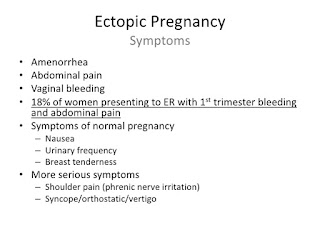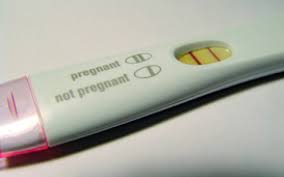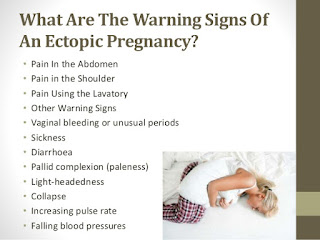
28 year old woman with an ectopic pregnancy dies of a heart attack after waiting two hours for an ambulance to arrive Sabrina Stevenson, who did not know she was pregnant, had been complaining of abdominal pain, diarrhoea and vomiting and desperately called 999 from her home in north London. An inquest held earlier this year heard that she had told her flatmate she wasn't feeling well and after getting worse throughout the day, called for an ambulance at 6.30pm. But a coroner told the court a series of 'inappropriate decisions, missed opportunities and system failures' meant that paramedics didn't arrive until 10.30pm and she died an hour later. The call came on the day after 'Black Friday', the last weekend before Christmas, and when ambulance crews are traditionally busier. Her distraught mother, Dawn Coventry, 50, has now slammed the London Ambulance Service for the delay, which the coroner said contributed to her death


